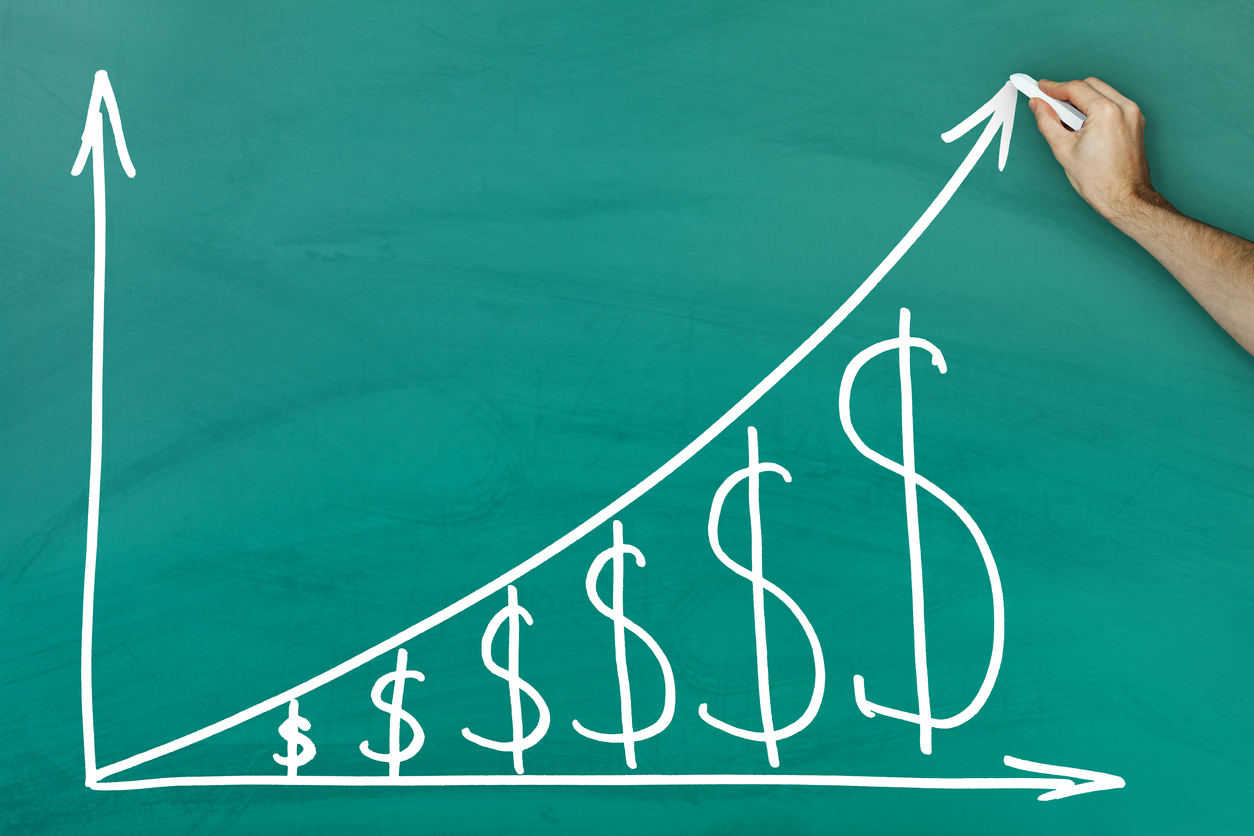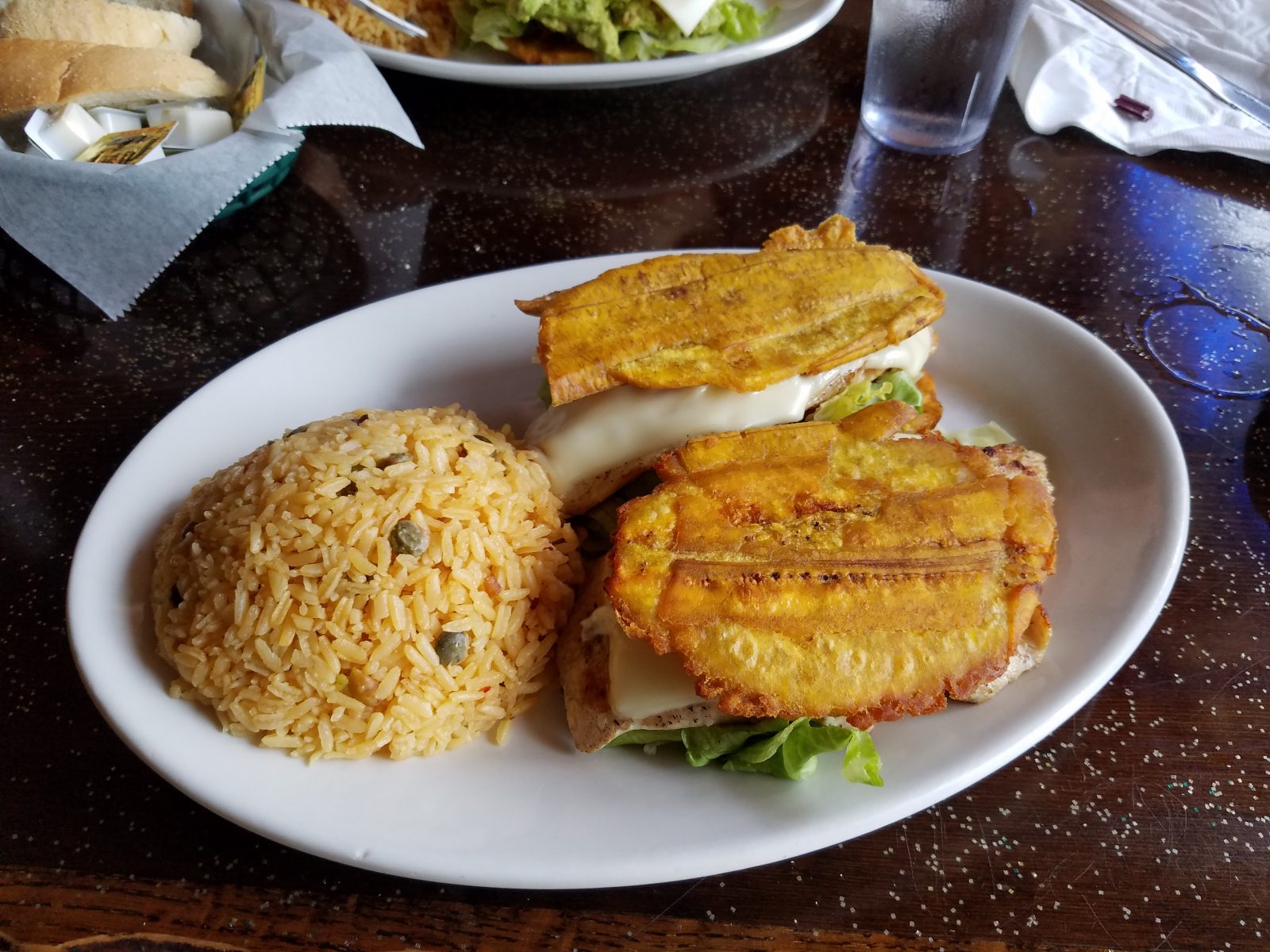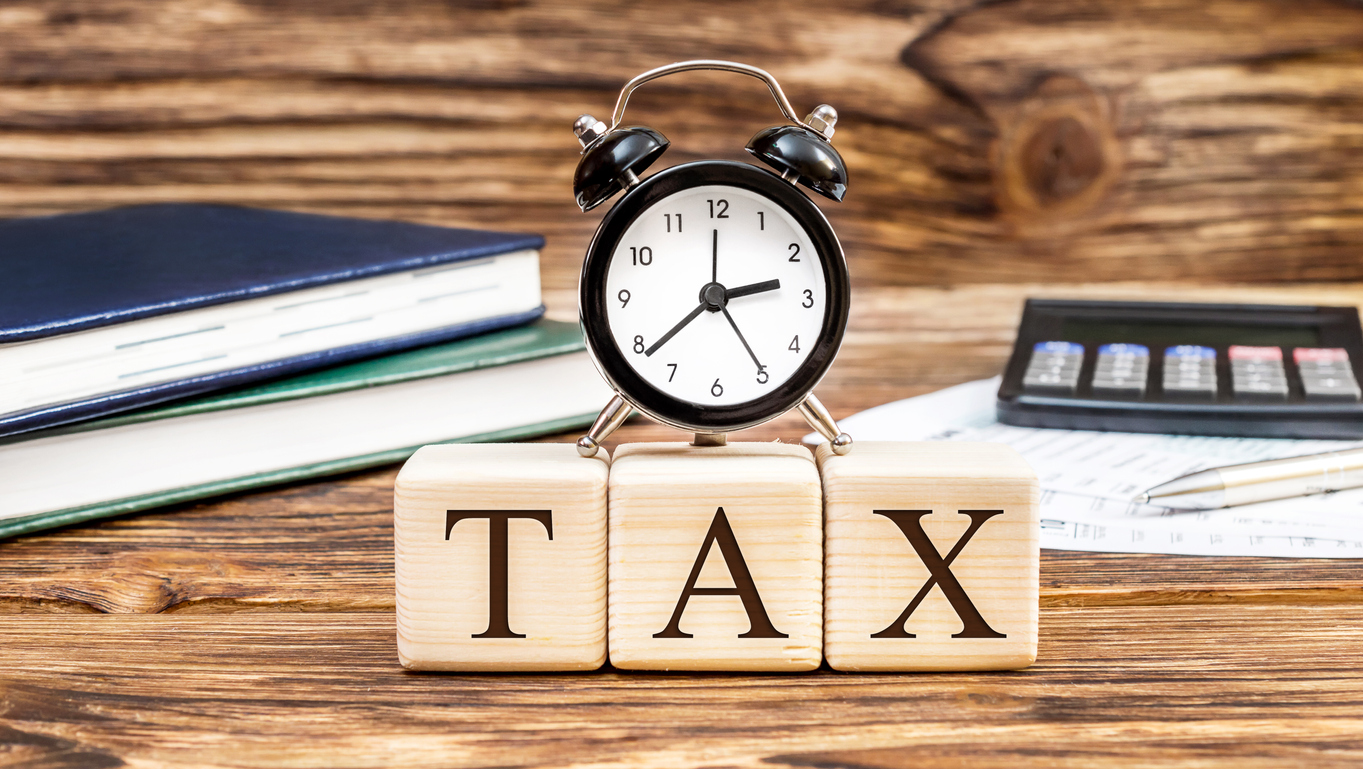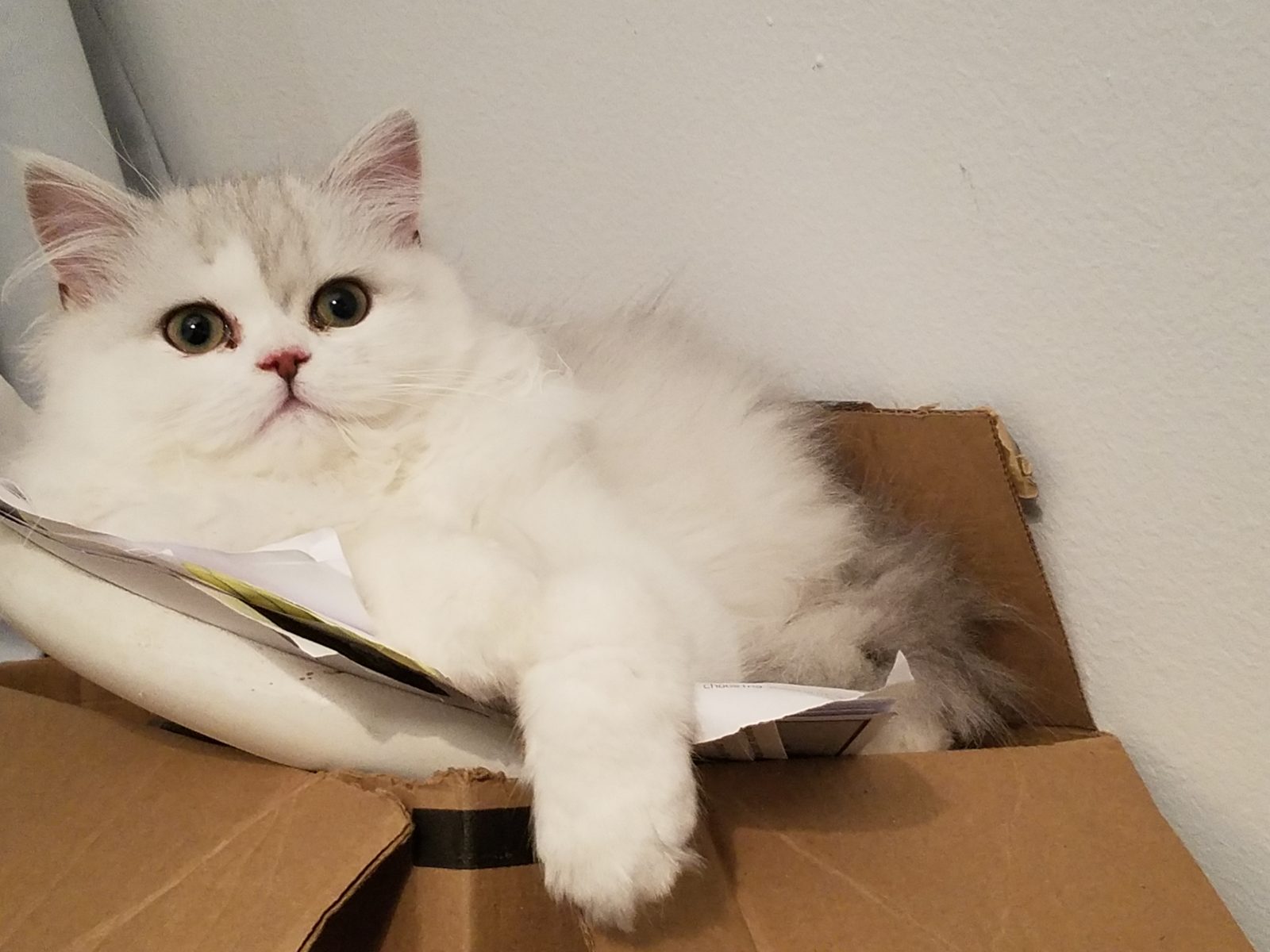5 Tips for Getting Your Freelancing Gig Off to a Great Start, So You Can Begin Earning Those Lucrative Business Credit Card Bonuses!
Signing up for credit cards through partner links earns us a commission. Terms apply to the offers listed on this page. Here’s our full advertising policy: How we make money.
Update: One or more card offers in this post are no longer available. Check our Hot Deals for the latest offers.
We are living in the golden age of freelancing. Every day there are new opportunities popping up for normal folks like you and me to make a little extra cash, or to go rogue and turn a side gig into a full-time income.
Companies like Uber, Lyft, Rover, and Postmates, enable you to turn your car, bike, or love of dogs into a profitable side hustle. And for the miles & points hobbyist, this can be key to unlocking another world of lucrative credit card bonuses!
I can’t begin to tell you how many trips my family would have missed out on if we didn’t all have the Ink Business Preferred Credit Card. I’ve got the card, my wife has it, my parents have it, and my sister & brother-in-law are getting it soon. And that’s just one of the many top small business credit cards we qualify for!
But before you jump into the world of freelancing there are few extra costs and strategies to be aware of so you make a soft landing.

5 Tips to Know Before You Start a Side Hustle
It may be easier than ever to start a small business, but you know what isn’t easier than ever? Understanding any of the infinite laws surrounding taxes!
But you don’t have to let what you don’t know keep you from getting what you don’t have!
1. You’ll Likely Be Paying Higher Taxes

I remember getting my first job as a dishwasher, getting my first paycheck, and wondering where all the money went. I finally understood why adults were always complaining about taxes!
But what you might not realize is that as an employee (W-2 income) your employer is paying half of your social security and Medicare taxes (FICA). Depending on your income you’ll only pay ~6% to ~8%, up to a maximum amount, in FICA taxes.
Whereas if you’re self-employed, you’ll be paying 15%+ in FICA taxes. All of a sudden that higher hourly wage does seem so high anymore.
I’m not an accountant or a tax attorney, so I recommending finding a good one to figure out exactly what this means for your situation. But it’s an important expense that’s easily overlooked.
2. You Can Deduct All Sorts of Expenses From Your Taxes

Maximizing your deductions is the best way to offset the higher taxes you’ll be responsible for paying. Again, you’ll want to run everything by a professional because the rules will vary depending on what your business is, where you’re living, and a multitude of other factors.
But here are a few things I’ll be able to deduct from my taxes this year:
- Internet expenses
- Utilities
- Rent
- Cell phone expenses
- Business-related travel expenses
- Computer & printer purchases
- Office supplies
- Software
It’s important to note that I can’t deduct 100% of certain expenses (rent, utilities, etc.) from my income for tax purposes. I have a separate room in my apartment that serves as my office, so I can deduct a portion of those expenses based on the size of the room. If you don’t have a dedicated office space, you most likely won’t be able to deduct those expenses.
Also, certain expenses have their own rules. For example, food purchases are a gray area. If they are a travel related expenses or for entertainment purposes (schmoozing clients, etc.) then you can typically deduct 50% of the cost. But there are cases where you can deduct 100% of a meal cost, like if you’re hosting a company party for employees.
Again, working with a tax professional is the way to go. If they are good, you should easily be able to recoup the cost in tax savings alone!
3. You’ll Need to Pay Taxes More Than Once a Year

As an employee, your company pays your taxes to the government for you. When you’re a freelancer, you’ll need to make those payments yourself.
For most folks that means paying estimated quarterly taxes, typically to your federal, state, and local governments. But the rules can vary depending on where you live and how much money you make. For example, when I lived in Pennsylvania, I paid city taxes. But now that I live in Chicago, I just pay state and federal taxes.
In addition, if you’re a retailer of some sort (i.e. selling art, books, reselling, etc.) you’ll be responsible for paying sales tax (varies by state). Typically you’ll also pay sales tax quarterly.
While this is annoying, it can be one of the biggest perks for the miles & points collector. Because quarterly tax payments are usually my biggest expense, I almost always plan my business credit card applications around my tax payments. This is a great way to meet minimum spending requirements.
If you’re not familiar with how to profit by paying your taxes, check out this guide on doing just that!
4. Benefits? Never Heard of ‘Em!

When you’re working for yourself there’s no company paid healthcare, 401-k, or paid vacations.
It’s that simple. So be prepared for the potential of those extra expenses.
5. You Don’t Have to Do It Full-Time

Just because you find joy in an activity doesn’t mean you have to do it full time.
You might love illustrating or playing music, but if you had to put food on the table doing those things it could rob you of your joy quickly. So if you want the best of both worlds, just freelance part-time.
That way you can keep the income and benefits from your full-time job and maintain the joy of your side hustle. And who knows, by taking the pressure to make money off of your business, it might give you the freedom needed to make a creative contribution to your community.
If you’re thinking about starting up your first freelancer gig, what questions do you still have? Let me know in the comments!
If you’d like some help in your journey to unreasonably cheap travel, then subscribe to our newsletter!
Editorial Note: We're the Million Mile Secrets team. And we're proud of our content, opinions and analysis, and of our reader's comments. These haven’t been reviewed, approved or endorsed by any of the airlines, hotels, or credit card issuers which we often write about. And that’s just how we like it! :)






Join the Discussion!